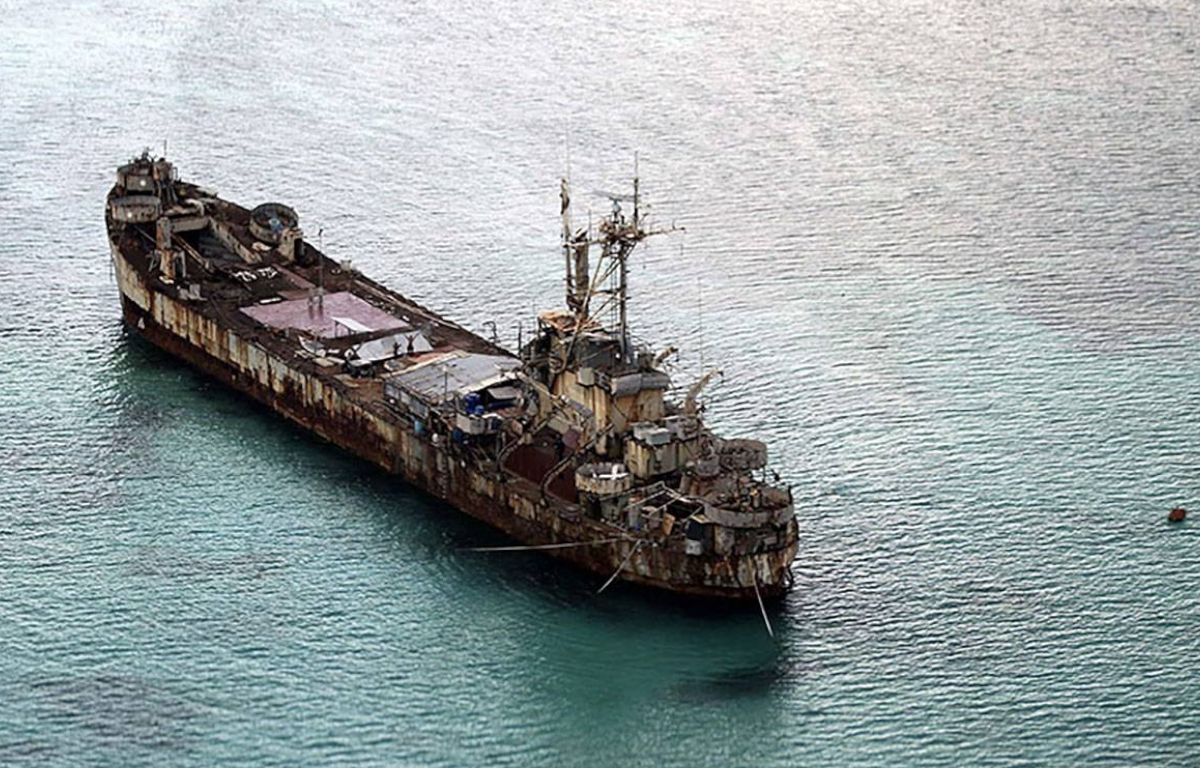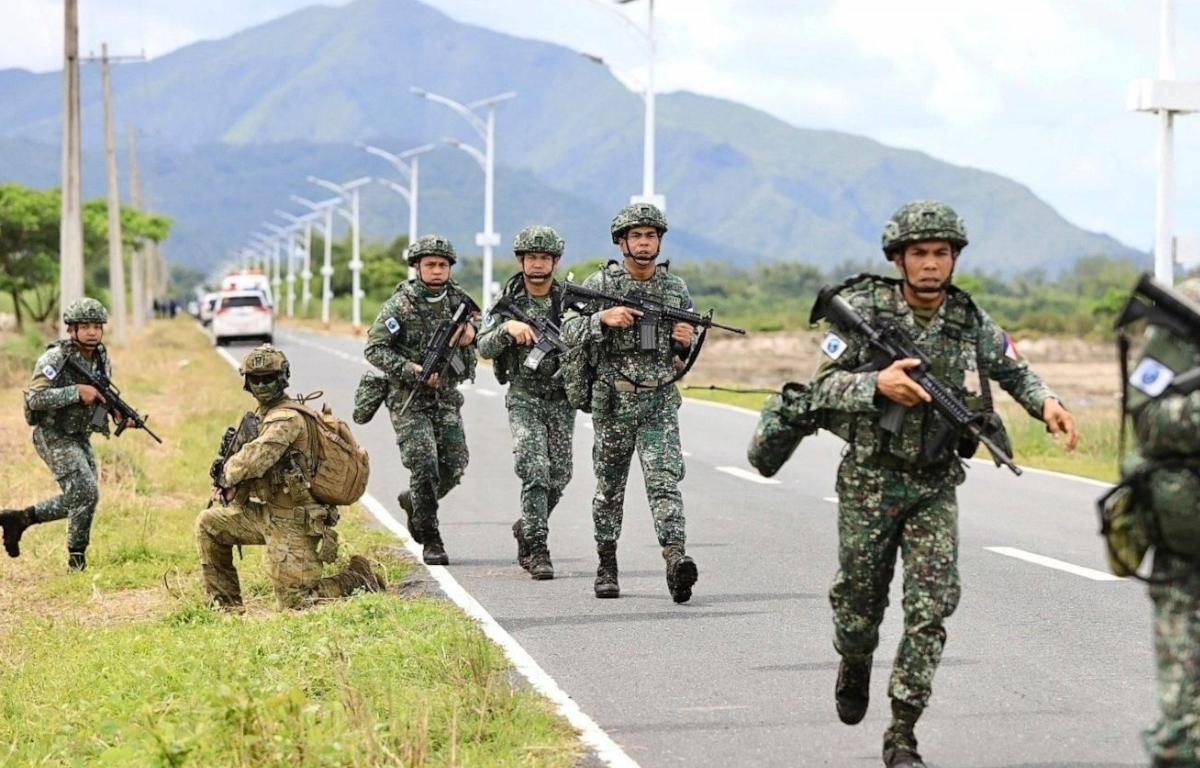
This aggressive maneuver has escalated tensions in the South China Sea, drawing international attention to the ongoing territorial disputes in the region.
The confrontation occurred when the PCG vessels were on a routine patrol mission within the country’s exclusive economic zone (EEZ). According to PCG spokesperson Commodore Jay Tarriela, the Chinese Coast Guard deployed high-pressure water cannons to deter the Filipino ships from approaching the shoal. The force of the water cannons inflicted damage on the PCG vessels, though no injuries were reported among the crew.
Bajo de Masinloc, a traditional fishing ground for Filipino fishermen, has been a flashpoint in the South China Sea dispute. The area is claimed by both the Philippines and China, with China asserting historical rights over almost the entire South China Sea, a claim that was invalidated by an international tribunal in The Hague in 2016. Despite the ruling, China has continued to enforce its claims aggressively.
The use of water cannons by the Chinese Coast Guard represents a serious escalation and a breach of maritime protocols designed to prevent conflicts at sea. The PCG has condemned the action, calling it a violation of international law and an affront to the Philippines’ sovereign rights. The incident has been formally reported to the Department of Foreign Affairs, which is expected to lodge a diplomatic protest against China.
The Philippine government, led by President Ferdinand Marcos Jr., has reiterated its commitment to protecting the nation’s maritime rights and ensuring the safety of its fishermen. The administration has called for increased international support to uphold the rule of law in the South China Sea and prevent further acts of aggression.
International reactions have been swift, with the United States expressing support for the Philippines. The U.S. State Department issued a statement condemning China’s actions and reaffirming its commitment to defending the Philippines under the Mutual Defense Treaty. Other nations, including Australia and Japan, have also voiced their concerns, emphasizing the importance of freedom of navigation and respect for international law.
The incident at Bajo de Masinloc underscores the volatility of the South China Sea dispute and the potential for minor confrontations to escalate into broader conflicts. The strategic importance of the South China Sea, a vital maritime route for global trade, adds a layer of complexity to the territorial disputes. As China continues to assert its claims through militarization and aggressive tactics, neighboring countries and their allies are faced with the challenge of balancing diplomatic engagement and deterrence.
Moving forward, the Philippines is likely to enhance its maritime security measures and strengthen its alliances with other nations to counter China’s assertiveness. The international community’s role in supporting regional stability and upholding international law will be crucial in preventing further incidents and ensuring a peaceful resolution to the disputes.
The recent use of water cannons by the Chinese Coast Guard against Philippine vessels in Bajo de Masinloc has heightened tensions in the South China Sea. The incident highlights the ongoing challenges in managing territorial disputes and the need for a concerted effort by the international community to uphold the rule of law and prevent further escalation.










Share this: